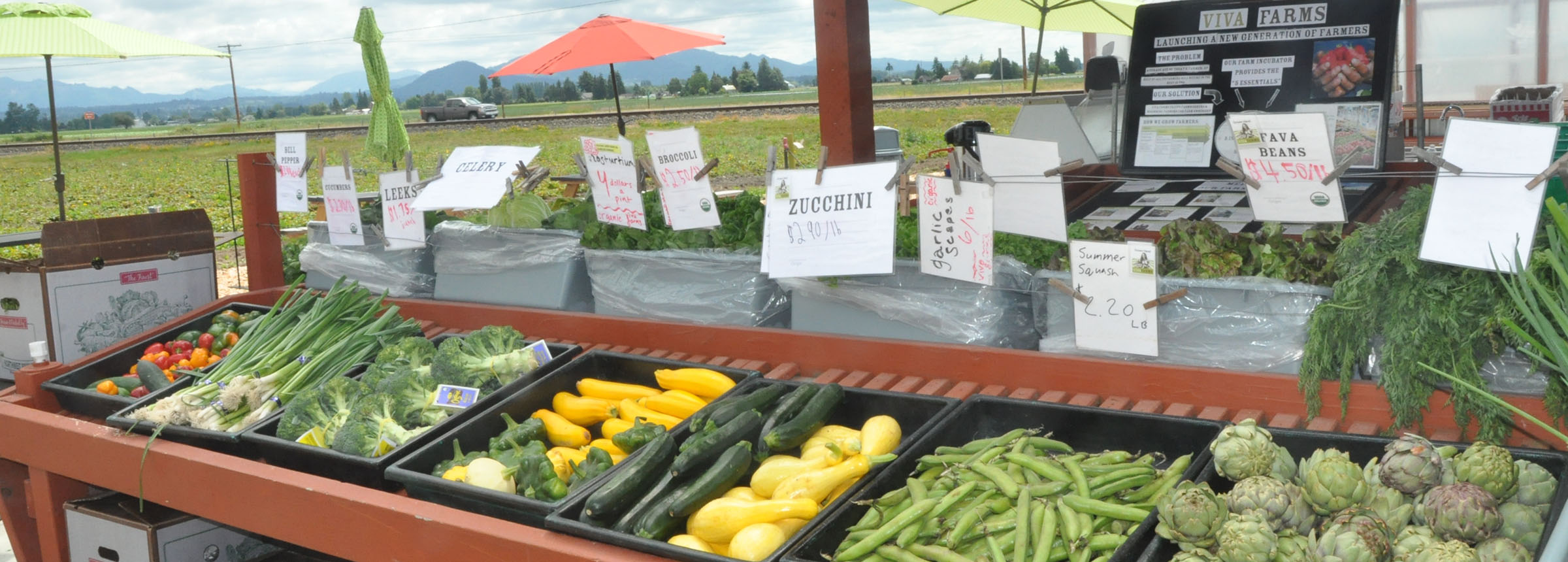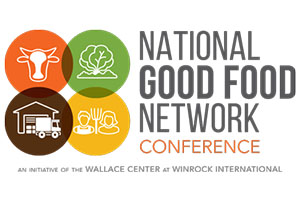
Place Based Economic Development

Lessons Learned – Food Business Failures in New Orleans
Wednesday March 11th, 2:15-3:45
In the past five years, several important food system businesses have come, gone and failed in New Orleans. From food halls to food hubs, businesses prioritizing local sourcing have shuttered their businesses, often leaving local growers holding outstanding invoices that will never be paid. Business models include community-based organizations that grew organically, online grocery delivery financed by investment capital, projects funded in part by Fresh Food Retail Initiative money set aside by the City to increase fresh food access in underserved neighborhoods and whose efficacy in that mission has been highly debated. From Good Eggs, Hollygrove Market & Farm, Circle Food Store, Dryades Public Market and the St. Roch Market, these food business failures have hampered the local food movement and limited opportunities for local growers.
Speakers: Kathryn Parker, Executive Director, Market Umbrella, Angelina Harrison, Director of Markets, Market Umbrella
Justice-First Food-Based Community Change: Supporting the Emerging Field of Equitable Food Oriented Development
Wednesday March 11th, 4-5:30pm
Equitable Food Oriented Development (EFOD) describes a new framework for justice-first food-based community change. EFOD organizations and initiatives use food to promote a vision of community-based development that resources community talent and lifts up local voice in development decisions. EFOD is a way of honoring cultural food traditions while creating social, political, and economic relationships that restore local control in development decision-making. Leaders in this emerging discipline have recently developed a set of guiding principles and key criteria of EFOD organizations. Attendees will: 1. Learn the EFOD framework, theory of change, impact metrics, and what criteria define EFOD; 2. Assess their work against the defining characteristics of EFOD organizations; 3. Engage with leaders in the field on the tactics they use to ensure support for community-owned food systems; and 4. Learn about the development of a cutting-edge EFOD multi-funder collaborative.
Speakers: Trisha Chakrabarti, Affiliated Consultant, DAISA Enterprises, Mariela Cedeño, Interim Executive Director, Mandela Partners, Haleh Zandi, Co-Founder and Co-Director, Planting Justice
Make Food Work: A Strategy to Strengthen DC Food Workforce
Thursday March 12th, 10:30-12
The District of Columbia’s food economy is strong, vibrant, and expanding rapidly with more than 73,000 workers employed by food businesses. However, low wages, limited training for unemployed residents, and a lack of clear advancement opportunities prevent many workers from benefiting from the food economy’s growth. Led by the DC Food Policy Council and funded by Kaiser Permanente, the District’s 2020 “Make Food Work: A Strategy to Strengthen the DC Food Workforce” details the unique challenges faced by workers in the District’s food economy and the opportunities to decrease unemployment, leverage local and federal workforce investments, and create meaningful career pathways within the food industry. Join us for an exciting panel discussion to learn about the Strategy and the robust collaboration created between workforce training providers, employers, and the District government to better support food workers.
Speakers: Emily Johnson, Cross Systems Planner, DC Office of Planning, Terrell “Chef Tee” Danley, General Manager, DC Central Kitchen Café, Amy Gyau-Moyer, Program Manager, Community Health- Kaiser Permanente (District of Columbia and Suburban Maryland)
Community Food Centers for Health, Wealth and Equity
Thursday March 12th, 2-3:30
Food hubs take many forms – aggregation/distribution facilities, processing centers and commissaries, shared kitchens, food business incubators, retail grocery hubs, community dining halls, and culinary training centers, to name a few. While the vast majority of food hubs focus on one or two of these operations, increasingly communities are exploring the benefits of combining multiple units into mixed-use developments that house a variety of food enterprises under one roof, or as part of a food campus or district. The benefits of co-location can be significant for businesses: they can buy and sell from each other, share resources and knowledge and reduce overhead and operating expenses. And they can become important assets for the community by offering space for gathering, nutrition education, workforce development and hunger relief programs. Four very different communities share their distinct vision for how a Community Food Center will catalyze their food system toward greater prosperity, sustainability and equity—and discuss how to get started.
Speakers: Kathy Nyquist, Principal, New Venture Advisors, Joanie Buckley, Division Director Internal Support Services, Oneida Nation, Sukanya Paciorek, Director of Special Projects, Whatcom Community Foundation, Kristie Egge Community Health Planner / Health Promotion Supervisor, Wood County Health Department
El Futuro of Farming: Small-scale, organic and Latino-owned
Friday March 13th, 10-11:30
Who will step forward to fill the boots of America’s aging farm-owners? Look no further than the fields. Over a million hard-working, mostly Mexican immigrant, farmworkers have the ‘will and skill’ to farm but lack resources and markets to compete in an industrialized food system. El Futuro of Farming will discuss how ALBA and partners are establishing small-scale organic family farms in the Salinas Valley, operated by immigrant farmers. Presenters will breakdown the smallholder business model and discuss key success factors for business success and how they compete against much larger and well-capitalized farm businesses. Finally, the session will engage the audience in a discussion of how the larger food system might look should a revival of the smallholder, sustainable farm come about. The session will be of interest for an array of participants from farmers to non-profits to farm equity policy advocates.
Speakers: Chris Brown, Development Director, ALBA, David Mancera, Regional Director, Kitchen Table Advisors
